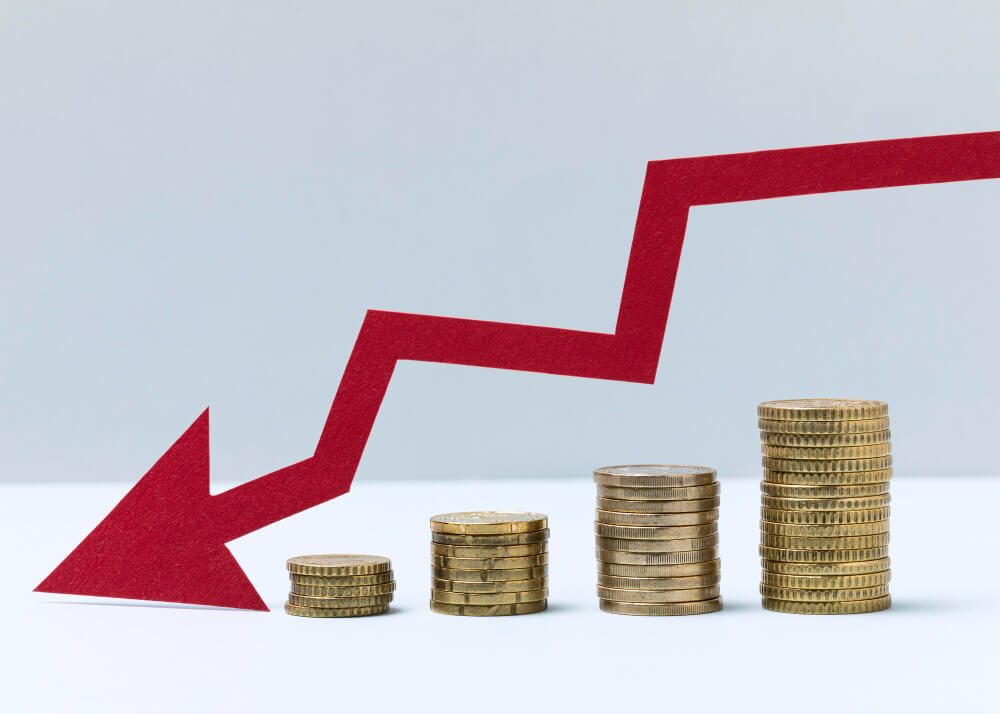Why are apartments so expensive right now?
Updated Thu, Jul 24, 2025 - 7 min read
Top blog articles
If you’re planning to buy or rent an apartment, chances are, you may be wondering, why are apartments so expensive.
In many posh areas, buying a high-rise apartment is just as expensive as buying a single-family home – sometimes more! But, why has there been a rise in the prices of apartments? And, will this housing trend continue next year too?
We will tackle these questions in two ways: one from the point of view of home ownership and the other from the perspective of renting an apartment.
Why are apartments so expensive to buy?
The answer lies in the benefits of living in a high-rise building. And, its demand in the housing market. Many people prefer living in an apartment because of the convenience it offers them. It’s easier to manage the cleaning, maintenance, security, and administrative work in an apartment building.
Here are some of the reasons why apartment prices are going up.
High-rise apartments often offer great locations
Apartment buildings are often located in the city’s heart, providing maximum convenience to professionals and families. Or, they may be close to popular destinations such as highly rated schools, shopping areas, beaches, and parks. A significant portion of an apartment’s pricing is the cost of the land. The more desirable a location, the higher the housing price.
High-rise apartments offer tons of amenities

You get what you pay for. And, in an apartment, you get a lot. Most modern buildings today include a gymnasium (which may not be as great as a commercial gym but is more convenient and cheaper), a rec room, a swimming pool, parking space (optional), community gas grills, a laundry room, and/or a concierge service. These amenities contribute to the price hikes, adding value to the property.
The building’s maintenance is taken care of
There’s no denying that a building requires work and regular maintenance. All this, including extensive remodeling or repair work, is generally taken care of by the property management team. Maintenance costs, including remodeling and repair work, are handled by property management. These costs are included in the construction costs, leading to higher rent or purchase prices.
Modern apartments are in top shape
Today, more often than not, a high-rise apartment building looks pristine – especially the beautiful driveways, hallways, elevators, and shared facilities. Most homeowners and renters are drawn by the building exterior as well as the interior of individual apartments and are willing to pay more for their dream homes.
Read more: Introduction to circular driveways
Why are apartments so expensive to rent?
Rental costs have seen significant growth over the past few years. The basic principle of supply and demand in the rental market has resulted in cost increases. However, additional factors exacerbate this trend. Unfortunately, there are not enough houses to allow the supply to catch up with the rising market demand.
This has resulted in increased rent costs. There are other factors too that contribute to this trend. Let’s explore all the reasons why renting an apartment is so expensive.
Read more: Residential elevator solutions
Low housing inventory

After the pandemic, the housing situation hasn’t been an ideal one. The housing crisis is a significant factor, there isn’t a sufficient amount of inventory to meet the housing demand – leaving a gap between the mid-priced and the low-end priced houses available on the market. Lower vacancy rates have led to an increase in demand for rental properties. The downside is that fewer people are able to find homes within their price bracket.
Hefty down payments
Although most banks have offered lower mortgage rates since the COVID-19 pandemic, the down payments – usually 20% of the purchase price – have not decreased. The average cost to buy a home in the U.S. is around $250,000. Saving $50,000 in advance to buy a house, requires a lot of planning and budgeting. As you can see, the vicious cycle of demand and supply continues to drive rental property costs up. Despite reduced interest rates, prospective buyers struggle to afford down payments. This forces more people into the rental market, pushing rents higher.
Supply chain issues
Challenges in acquiring construction materials have led to slower housing development, exacerbating the cost of living in many cities.
Remote work and metropolitan demand
As more people embrace remote work, demand has shifted toward both urban centers and desirable suburbs. Cities like Los Angeles and San Francisco have experienced sharper rent increases due to heightened interest in urban conveniences and lifestyles.
Economic inactivity
Economic activities have seen a decline in the last two years. With unemployment rates rising, the situation has created uncertainty in the real estate market. Potential homebuyers are entertaining the idea of renting a house instead of buying it – despite the high rents. The higher occupancy rates in metro cities have driven up the costs even more.
What is the market prediction for 2025?

The real estate market is likely to continue its complex journey, shaped by ongoing economic factors and societal shifts. Here’s what experts predict:
Continued Impact of Supply and Demand
The gap between housing supply and demand is expected to persist. Despite efforts to build more homes, supply chain issues and high construction costs will slow progress. This means house prices and rents will remain elevated, especially in key metropolitan areas like Los Angeles and San Francisco.
Pressure from Interest Rates
Depending on how interest rates are adjusted by policymakers, homebuyers may continue to face affordability issues, pushing more people toward rentals. This will further increase demand for rentals and maintain upward pressure on higher rent levels.
Shift in Housing Preferences
The ongoing trend toward remote work is reshaping housing markets. Many people living in major urban centers may choose suburban or smaller city housing. However, popular metropolitan areas will still retain strong demand, making it harder to find affordable housing options there.
Cost of Living Increases
The broader rise in the cost of living will continue to strain budgets for potential buyers and renters. Housing will remain a significant portion of income on housing for most people, contributing to the housing crisis.
Rental Market Expansion
With a lower vacancy rate in many areas, the rental market will stay competitive. More individuals, unable to afford homeownership or deterred by the volatile real estate market, will seek rentals. Price hikes in key areas could widen socioeconomic disparities in access to housing.
Read more: Can I sue my apartment complex?
Localized Variability
While some housing markets may stabilize, regions like Los Angeles, San Francisco, and other high-demand metropolitan areas will see consistent increases in both house prices and rents. In contrast, areas with less demand may see slower growth or slight declines.
Read more: Real estate location modeling
Sustainability and Smart Living Demand

Buyers and renters will prioritize energy-efficient and sustainable living solutions, influencing new developments in the rental and real estate markets.
Read more: Buying land to build a house
Last thoughts
If your dream apartment or studio apartment is located in a high-demand area with top-notch amenities, the cost to own or rent it will inevitably be high. In particular, cities like San Francisco and Los Angeles highlight how the combination of low vacancy rates, increased demand, and ongoing supply chain issues impacts housing affordability.
Understanding the interplay between income on housing, construction costs, and the broader supply and demand dynamics helps shed light on why apartments are so expensive. As the rental market evolves, keeping an eye on economic trends and future developments will be key to navigating this challenging landscape.
While it’s tempting to wonder, why are apartments so expensive, the answer lies in a complex web of factors that influence both renters and buyers alike. If the apartment gives you everything you desire, you can’t wonder, why apartments are so expensive, can you? Because now, you know why!
Read more: Buying a house with a friend









